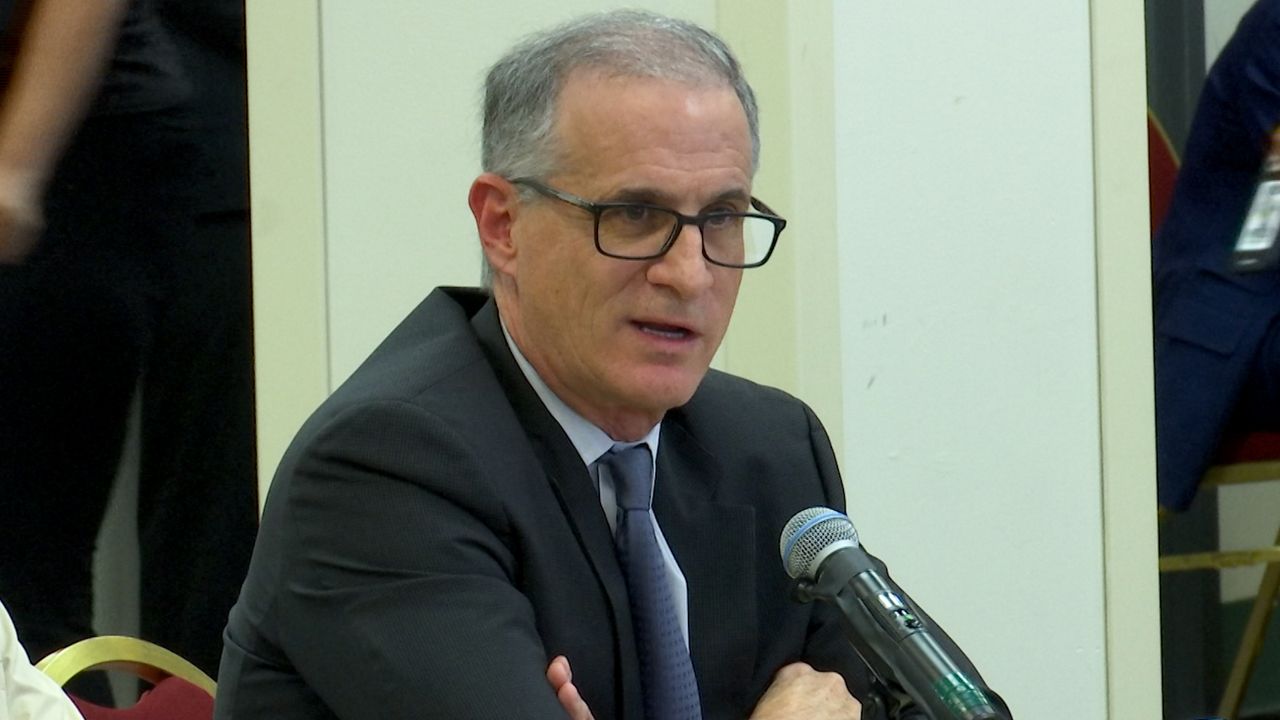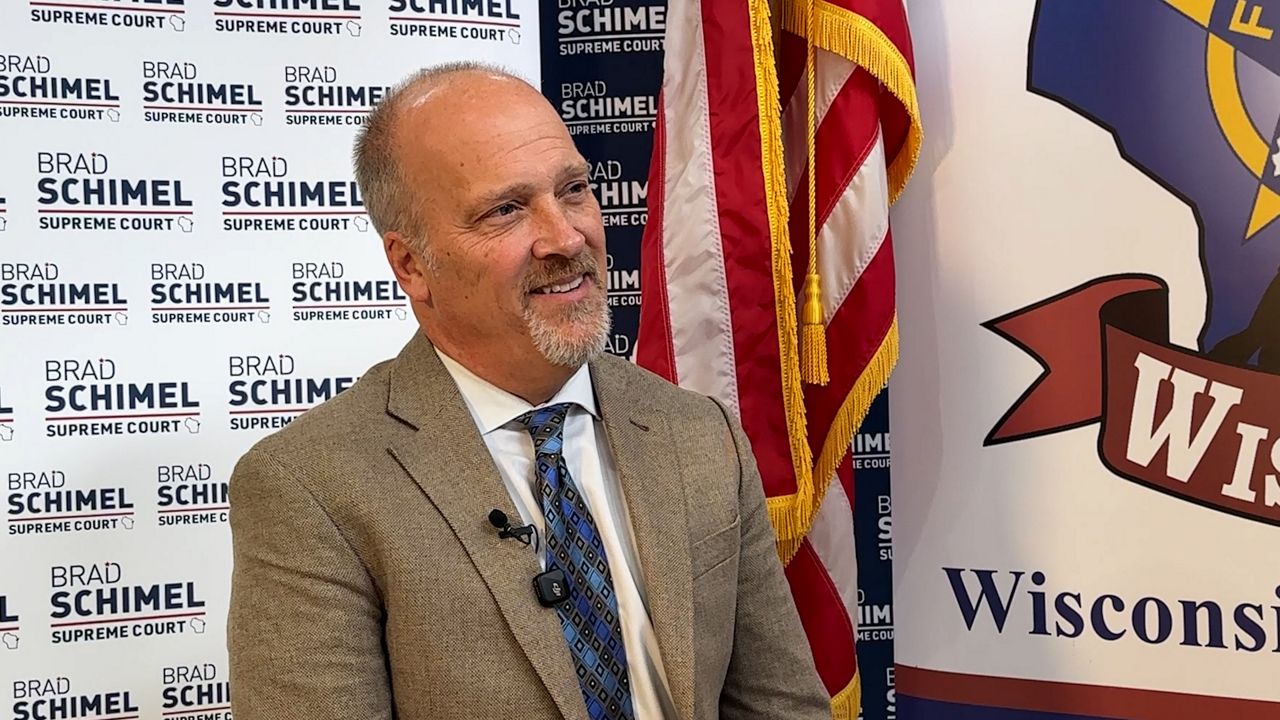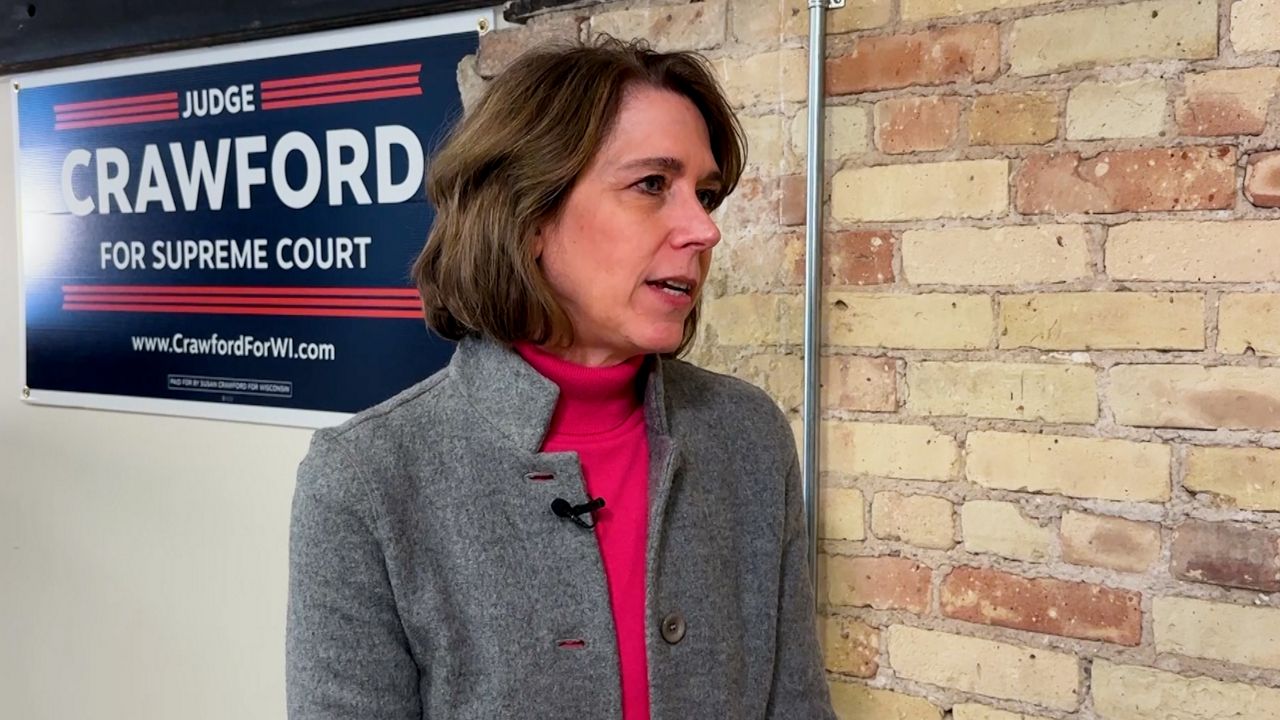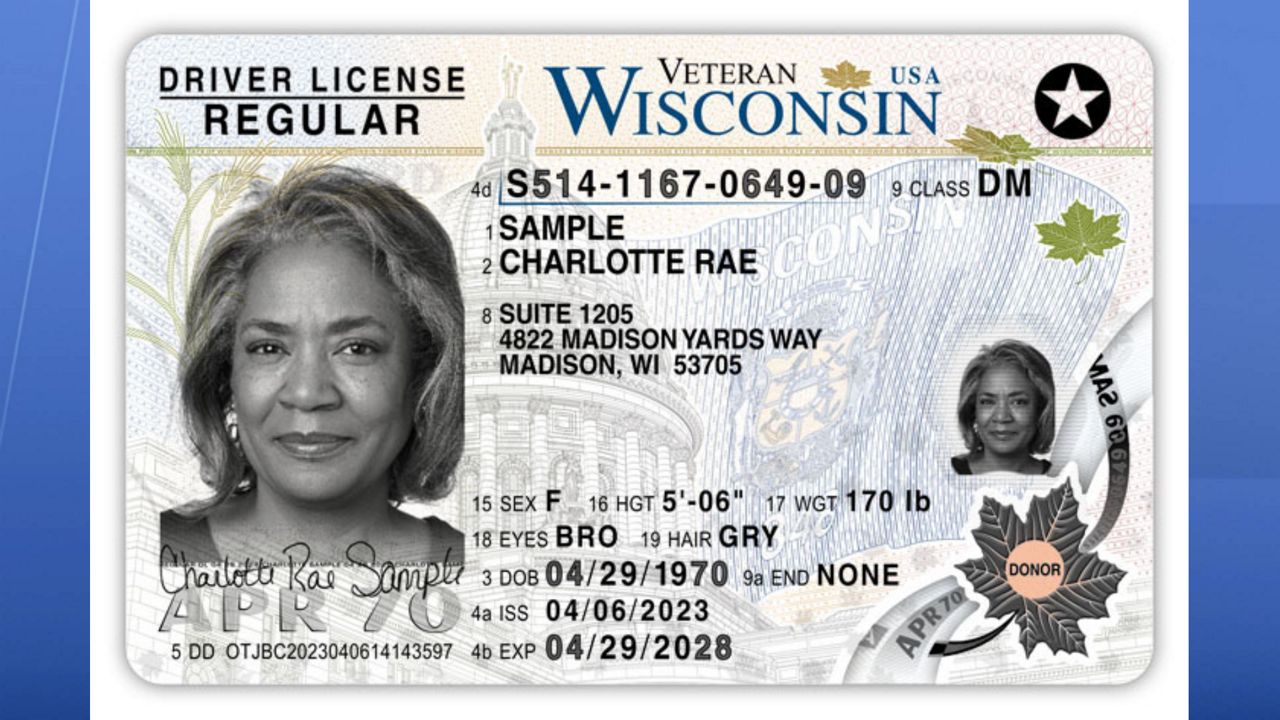MADISON, Wis. — The Milwaukee Brewers could stay in Wisconsin for the next 27 years as state lawmakers in the Assembly passed a pair of stadium funding bills 69-27 Tuesday.
The latest step sends a proposal to spend more than half a billion dollars of public money to help fix the ballpark and keep the team in the Badger State to the Senate.
The latest and biggest change to the legislative package ahead of Tuesday’s floor vote in the Assembly was a reduction in the amount of money local governments would be expected to contribute.
Republicans, who are spearheading the effort, originally wanted $200 million from Milwaukee and Milwaukee County. The figure has since been dropped to a combined $135 million, with the city and county equally splitting the cost to win over Milwaukee Democrats.
“We’ve reached an agreement, here in the Assembly, on the Brewers package,” State Rep. Robert Brooks, R-Saukville, announced to reporters Tuesday afternoon. “We’ve also reached that agreement with the governor, the county executive, and the mayor, so we are in a really good position to move the process along and send it to the Senate after today.”
Under the current proposal, the state would provide $411 million in the form of grants, which would be spread out over the duration of the deal rather than be paid out in a lump sum. The state funding is on top of the $135 million in local contributions and $100 million from the team.
“This is a bipartisan deal that focuses on making sure that we are going to get more revenue coming into the state to spend on programs that people consider to be important than if the team left,” Assembly Speaker Robin Vos, R-Rochester, added. “I know there are some critics who are out there saying that we should let the Brewers leave and it’s not worth it for our economy. They are just flat-out wrong.”
According to the team, the iconic retractable roof needs work, along with upgrades to the video and sound systems, luxury suites, and stadium seats and concourses.

“Today’s vote by a bipartisan majority of the State Assembly shows that momentum continues to grow for a solution to maintain American Family Field and to keep the Brewers in Milwaukee for the next generation," Rick Schlesinger, president of business operations for the Milwaukee Brewers, said in a statement. "We are very grateful for the leadership of legislative and local officials, as well as that of Governor Evers, who have helped to negotiate creative solutions that protect taxpayers and avoid the return of the five-county sales tax."
Republican Majority Leader Sen. Devin LeMahieu has expressed optimism that the pair of bills will garner bipartisan support when they reach his chamber, likely in November. So far, Democrats seem supportive of the measures as well.
“It’s clear that we are moving in the right direction for this proposal, and we look forward to it coming our way,” Minority Leader Sen. Melissa Agard, D-Madison, said when asked about the legislation during a press conference Tuesday. “It’s hard for us to know what exactly is going to pass on the floor of the Assembly until it actually passes. Once it does, we will be rolling up our sleeves and getting to work to make sure that we get the best deal for Wisconsin.”
Milwaukee leaders have now turned their attention to convincing lawmakers in the Senate to follow in the footsteps of the Assembly.
“While we’ve secured a positive agreement in the Wisconsin State Assembly, I now look ahead to engaging with members of the State Senate on a path forward,” Milwaukee County Executive David Crowley said in a statement released last week. “My main priority has not changed: To deliver a bipartisan solution that allows Milwaukee and the state to retain the Brewers, while providing Milwaukee County with additional resources to support our residents and communities in the years ahead. I am looking forward to continued negotiations over the coming weeks.”
Even though Democrats, including the governor, are on board with this latest bill as is, changes could come before it reaches Gov. Tony Evers’ desk.
While it is unknown what the Senate amendments will specifically include, there has been talk of regular audits of the stadium board and a possible ticket tax.










